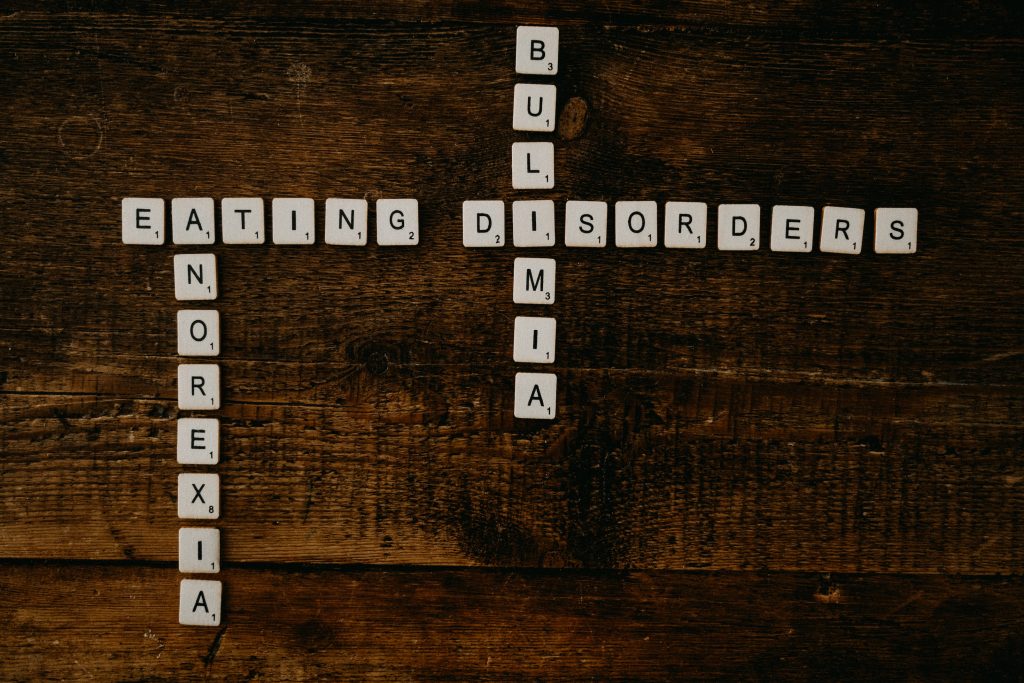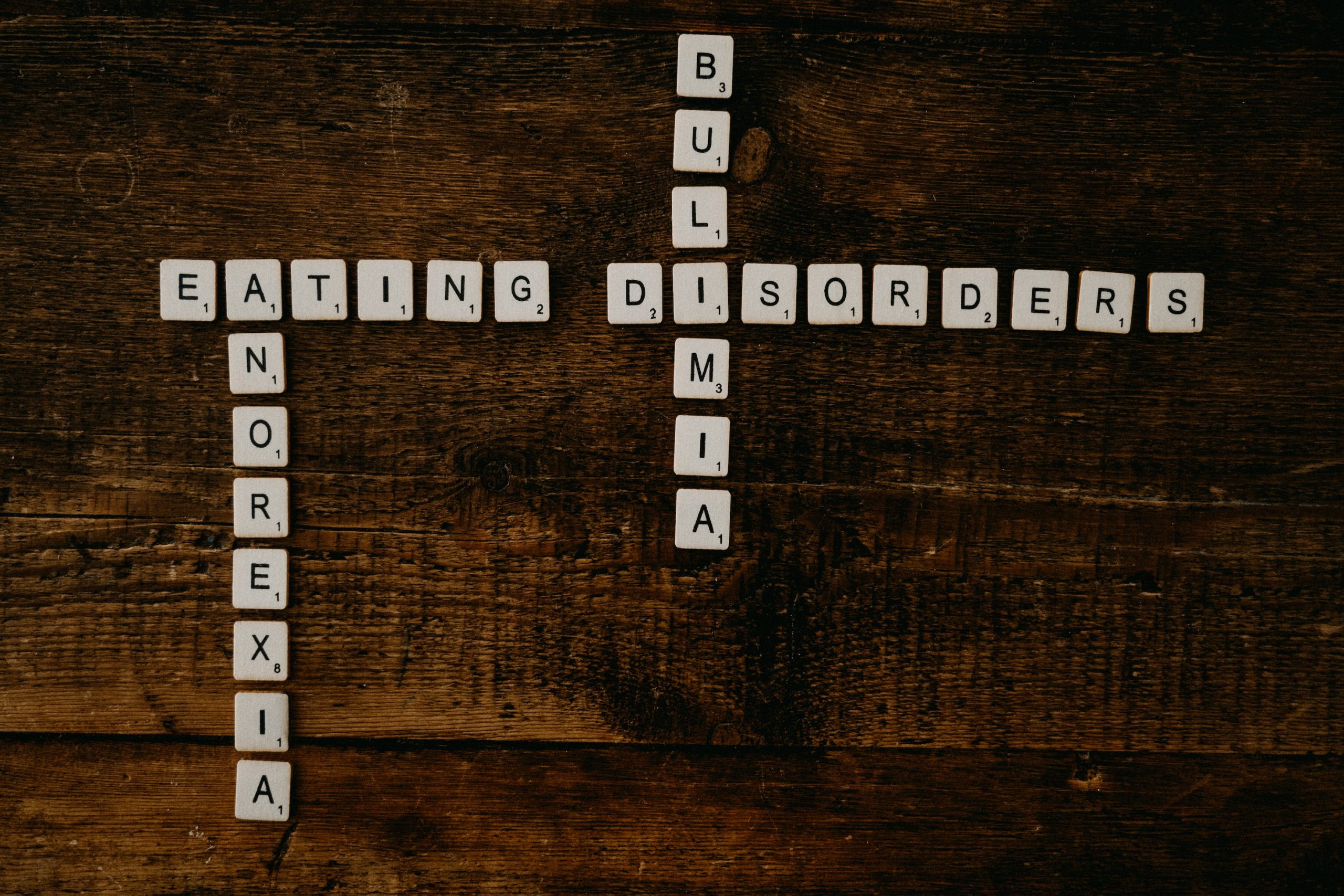Symptoms, diagnosis, and treatment
Bulimia nervosa is one of the most common eating problems in the UK. Unfortunately, not everyone gets the attention and medical care they need for a serious mental disease that hurts their self-esteem, mental health, happiness, and long-term physical health.
Learn about bulimia nervosa’s risk factors, signs and symptoms, and the best treatment methods.
There are many successful ways to treat bulimia that can make it easier to deal with. Take back your life!
What is bulimia nervosa? Who is most likely to get it?
Bulimia nervosa is an eating disease that affects about 1.5% of young women and 0.5% of young men, according to the Diagnostic and Statistical Manual of Mental Disorders (DSM-5).
Bulimia nervosa generally shows up for the first time when a person is a teenager or a young adult, and it usually happens during or after a period of dieting. Aside from dieting, other things that increase the risk of bulimia are:
• Obesity in children
• Anxiety
• Depression
• Low self-esteem
• History of stress
• Eating disorders in the family
• Other mental health problems
Even though bulimia is more common in women, healthcare providers are less likely to find and treat men who have it. Men are also less likely to participate in studies about bulimia nervosa and other eating disorders, so bulimia may be more common in men than the numbers show.
Bulimia nervosa also affects people from many different backgrounds and societies, which is something to keep in mind. There is proof that Latino and Black people are more likely to have bulimia nervosa. But, just like with men, bulimia is less likely to be identified in some groups. It is even more important to know that bulimia nervosa can affect anyone.

How can you tell if someone has bulimia nervosa?
Bulimia nervosa is made up of three main features:
1, Patterned binges, in which someone loses control of their eating over and over
2. Making up for binge eating by using laxatives, making themselves throw up, purging, dieting, or taking other extreme steps
3. Extreme links between body weight and form and self-esteem and self-opinion
People with bulimia have episodes of binge eating at least once a week for at least three months.
People with bulimia nervosa will do one or more of the following to make up for binges so they don’t gain weight and feel in control of their bodies:
• Misusing laxatives or diuretics
• Misusing stimulants
• Misusing insulin
• Making yourself throw up
• Dieting or not eating for extended amounts of time (fasting)
• Doing too much exercise
For a person with bulimia, their self-esteem and happiness are primarily based on their body weight and shape. For instance, a small amount of weight gain might be devastating to someone with bulimia nervosa, while someone without an eating disorder probably wouldn’t notice or care.
What are the effects of bulimia nervosa on the mind?
A person with bulimia can be affected in many ways, and the side effects can show up in ways that have nothing to do with binge eating or purging.
If someone has bulimia, they might:
• Spend a lot of time thinking about food, eating, or calorie counting
• They lose focus at work or on daily tasks because they focus on food
• Have low self-esteem
• Give in to perfectionism, rigid thinking, impulsivity, or isolation
• Develop other problems simultaneously, such as anxiety, depression, or drug abuse
People with bulimia may find it hard to focus because their thoughts about food and their bodies affect their mood, energy, and sense of self-worth all the time. This can make it hard to do everyday things like talking to people, doing projects, or mindfully concentrating at work.
What happens to a person’s body when they have bulimia?
Because of the behaviours that come with bulimia, like binge eating, purging by making yourself throw up, misusing laxatives, etc., bulimia can cause several health problems. Some physical health problems are:
• Gastrointestinal problems that range from mild to serious
• Tooth decay
• Abnormal fluid and electrolyte levels
• Heart problems
• Menstrual problems
• Problems with hunger and fullness signals
• Weight changes
Bulimia can cause problems with your physical health, but it can also make you much more likely to kill yourself. People with bulimia nervosa must get the care they need.
What is the best way to help someone with bulimia?
Many people with bulimia nervosa have symptoms for years, so a treatment plan that goes on for a long time is essential. There are many successful ways to treat bulimia that can make it easier to deal with, but the treatment plan should be broad enough to deal with all of its physical and mental health effects. The healing plan would be perfect if it included:
1. A physician who keeps an eye on medicines and their effects on the body
2. A dietitian who can help people with eating problems make a healthy food plan
3. A therapist who can help with bad habits and being unhappy with your body
4. Family members who are helpful, especially for teens
The most popular evidence-based psychotherapy treatments for bulimia are:
• Cognitive-behavioural treatment (CBT)
• Dialectical behaviour therapy (DBT)
- Interpersonal psychotherapy (IPT
Many of these treatments focus on what often makes people with eating disorders act out and question their unhelpful ways of thinking about food and their bodies. Over time, a person who gets help for bulimia or any other eating problem will learn how to deal with their feelings in a healthy way, normalise their eating habits, and regain their self-esteem.
There is always a chance of getting better.
Suppose you or someone you care about shows signs or symptoms of an eating disorder, an unhealthy body image, or behaviours accompanying these things. In that case, you should contact an expert to set up an evaluation. They can help you figure out if you have an eating problem and put you on the path to happiness, health, and acceptance of yourself.
If you or a loved one is affected by an eating disorder, call Freephone at 0800 140 4044
Freephone: 0800 140 4044
Local rate: 0300 330 3040



